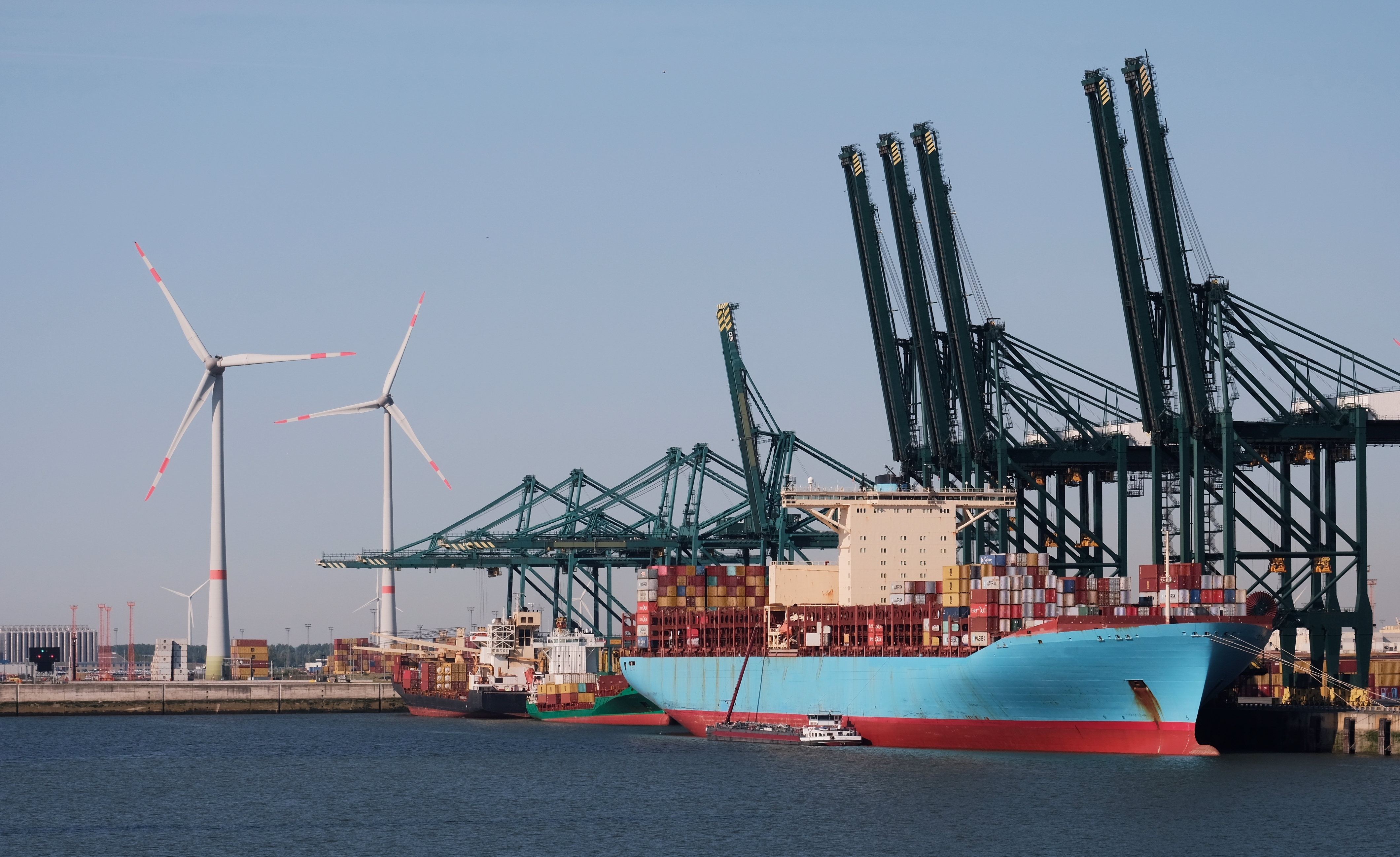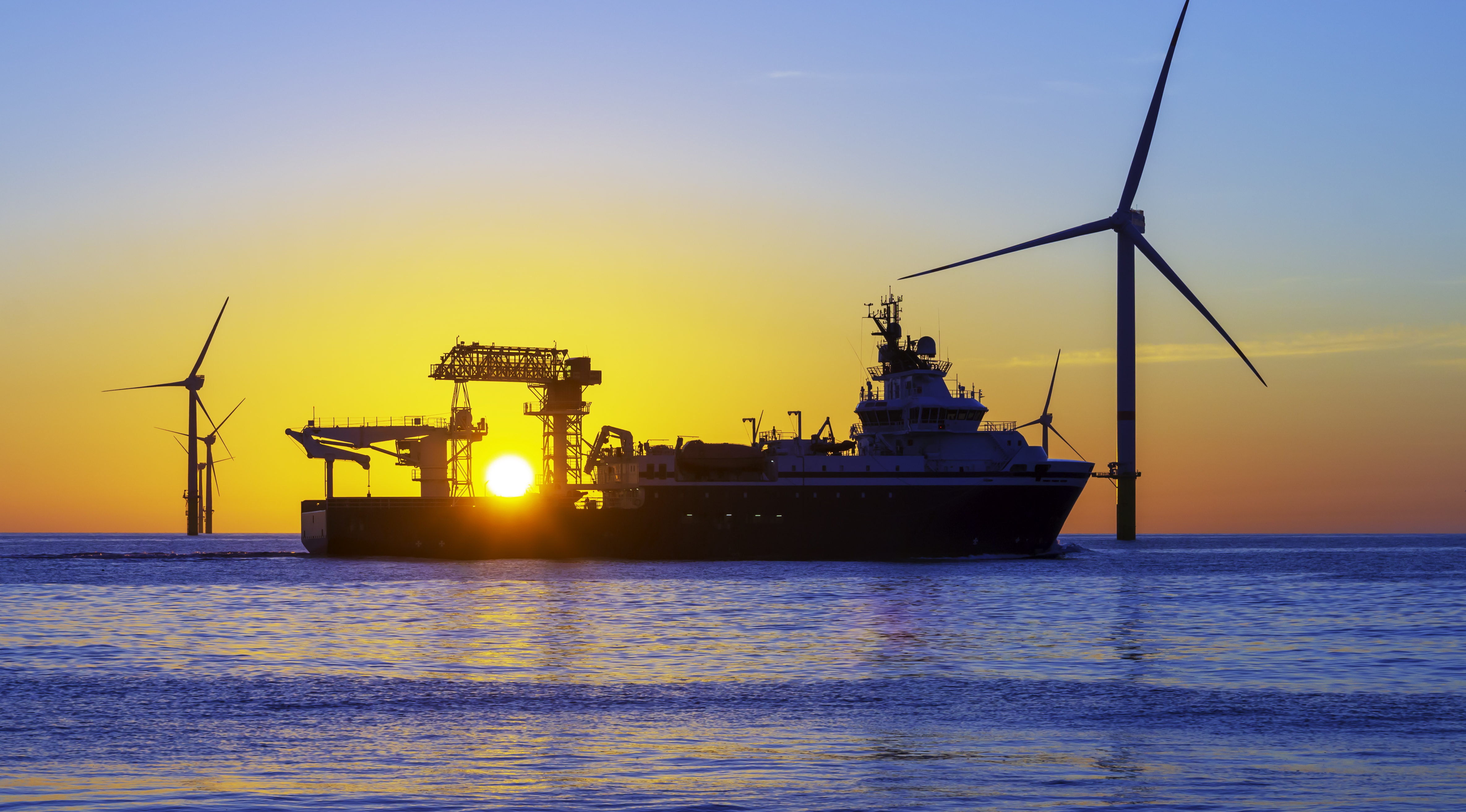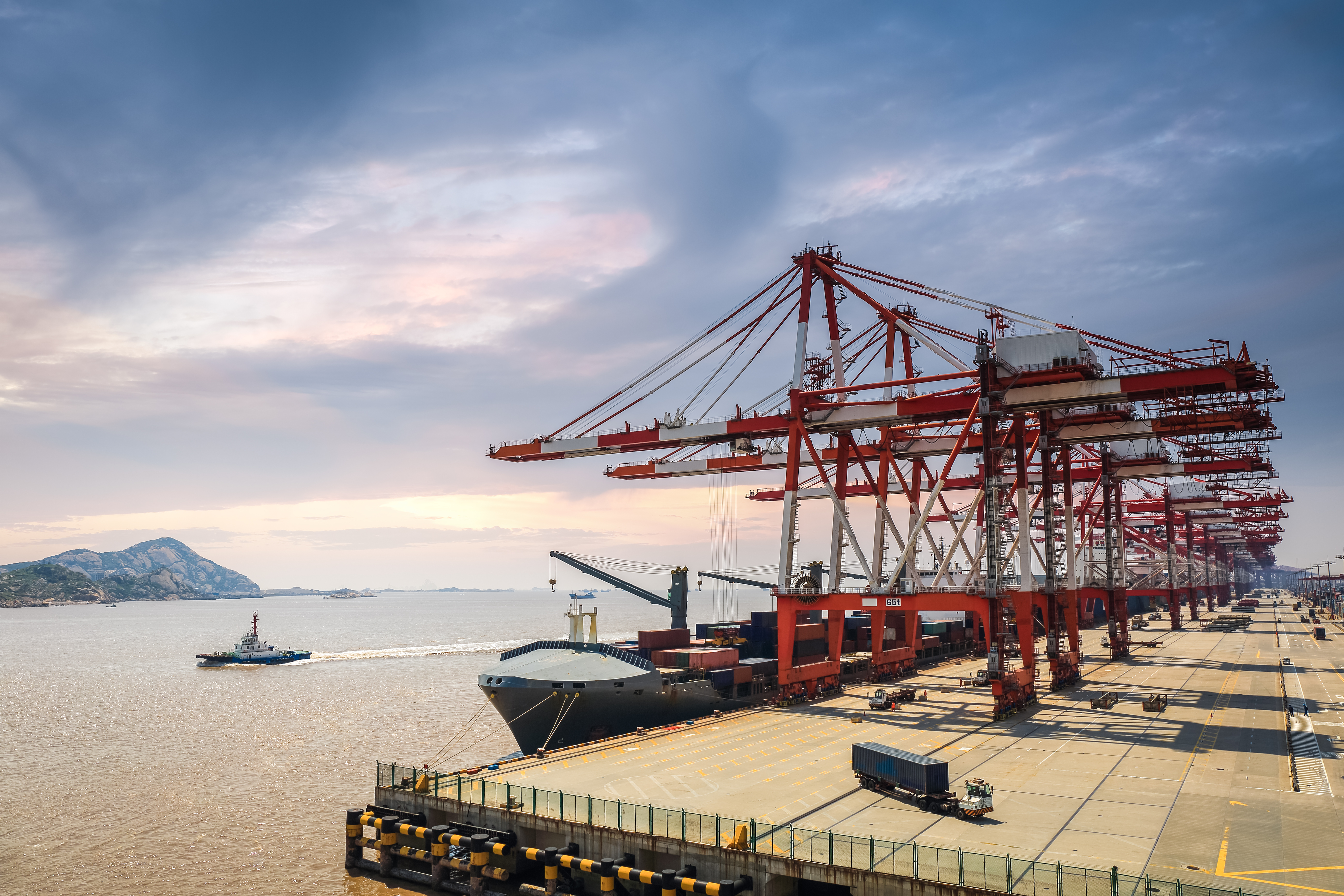The Expedition Begins
In the grand tapestry of our world, climate change weaves a thread that touches every corner of our lives, from starry nights to Scary skies, the path traversed is leaving huge footprints of black soot smeared all over. This voyage, powered by the mighty vessels of global trade, comes at a hidden cost. As these ships carve their paths through the waves, they release a silent storm of emissions, fueling the very climate crisis that threatens our planet. Shipping, the lifeblood of our interconnected world, stands at a crossroads in the race against climate change.
A Sea Change foresees
Every day, colossal ships traverse the world's oceans, moving 12 billion tons of cargo – the fuel, food, gadgets, and goods we depend on. Yet, this seamless flow of trade carries a heavy environmental toll. Shipping emissions have surged, now releasing nearly 1 billion metric tonnes of CO₂ annually, accounting for about 3% of global greenhouse gas emissions.
An Antique Drift
In a momentous decision, the International Maritime Organization (IMO) has cast a new anchor in the waters of change. This month, they unveiled the world’s first global carbon tax on shipping emissions – $100 per tonne, starting in 2028. This bold move promises to ripple far beyond the shipping lanes, reshaping the cost of goods, driving investments into greener fuels, and igniting a transformation in the energy economy. But will it be enough to turn the tide? Let’s delve deeper.
Sentinels of the Sea
The IMO, the vigilant "traffic police" of the seas, crafts global standards to ensure the safety of ships, the protection of crews, and the preservation of the marine ecosystem. Within this body, the Maritime Environment Protection Committee (MEPC) stands as the "green guardian," championing cleaner fuels, stricter pollution controls, and innovative ways to safeguard marine life. During the 83rd MEPC session in April 2025, pivotal decisions were made, culminating in the finalization of a $100 per tonne carbon tax on ship emissions, set to sail in 2028.
Charting a New Course
• Global Carbon Tax: From 2028, ships must either adopt lower-emission fuels or pay a fee for their pollution.
• Global Marine Fuel Standard: Ships will transition to fuels with progressively lower greenhouse gas intensity.
• Net-Zero Fund: Revenue from the carbon tax will be reinvested into decarbonizing the maritime sector, making cleaner fuels more accessible, especially for developing nations.
The Gusts of Change
The vote for the shipping carbon tax saw 63 countries, including giants like India, China, Brazil, Japan, and Singapore, raising their sails in support. They recognized the urgency for ships to account for their emissions. Conversely, major oil-producing nations like Saudi Arabia, the UAE, and Russia stood firm in opposition, wary of the economic impact. The United States, the global order setter, remained conspicuously absent from the talks.
The Treasure Chest
This carbon tax is not just about curbing emissions; it is expected to generate a staggering $40 billion by 2030. This treasure trove could fuel transformative changes in the shipping industry and beyond. The measures aim to reduce GHG emissions by approximately 10% by 2030, though this falls short of the IMO's ambitious goal of a 20-30% reduction.
Steering Uncharted Waters
Despite the promise, a gap remains between ambition and reality. Questions linger about revenue distribution, emissions verification, and compliance mechanisms. These issues are still under negotiation, with many details yet to be charted.
Other Bonfires
Meanwhile, the Energy Efficiency Existing Ship Index (EEXI) and the Carbon Intensity Indicator (CII) are under scrutiny. Experts are assessing their effectiveness, with potential adjustments on the horizon by 2026 to meet stricter climate goals.
An Intimate Fable
It's not just changing the environment; it's also transforming our daily lives and work. Think about your morning cup of tea. The tea leaves, sugar, and spices travel thousands of miles across oceans to reach your table. But have you ever wondered how they get there? The answer lies in shipping, the backbone of global trade.
However, this journey comes at a price. As ships power through the seas, they burn fuel and release harmful emissions, contributing to the climate crisis that affects us all. Shipping, while connecting us to distant continents, plays a significant role in the fight against climate change.
The Horizon Ahead
The true impact of this move on decarbonizing the shipping sector remains to be seen. It is a significant stride towards addressing climate change and modernizing shipping. While the tax may not capture all emissions or achieve sufficient reductions, it offers a glimmer of hope for reducing GHG emissions by 2030.
As the debates continue and the final decisions unfold, this carbon tax marks a pivotal step towards a greener future for the shipping industry. The journey is far from over, but the course is set towards a more sustainable horizon.
What are your thoughts on this new carbon tax? Do you believe it will steer the shipping industry towards a greener future?










1 Comment
Reeta
02/05/2025 at 03:04 PMVery informative